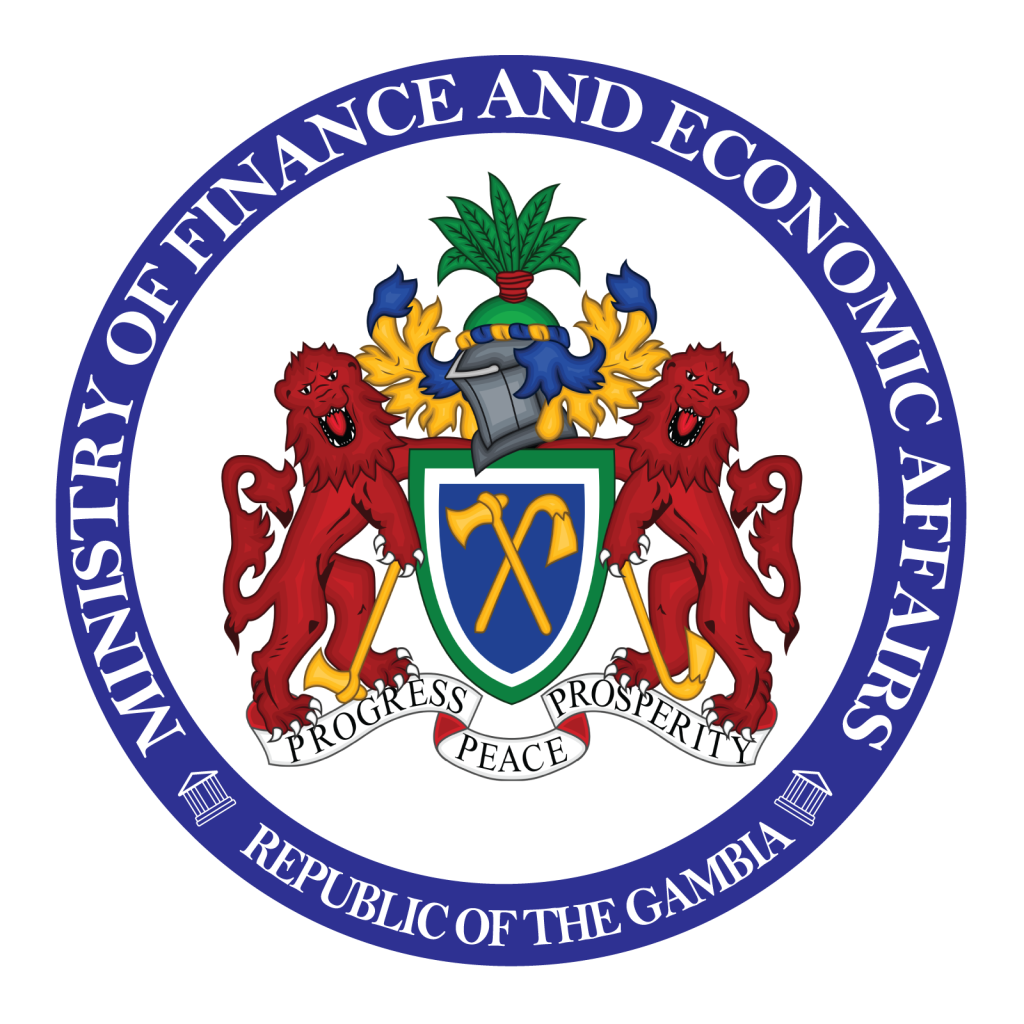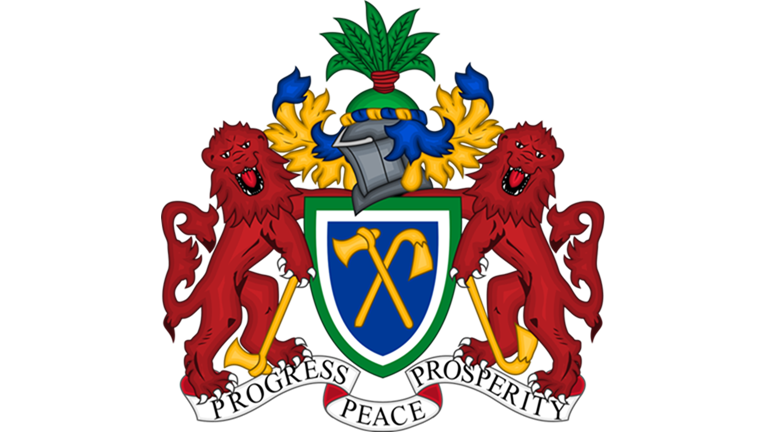The Ministry of Finance and Economic Affairs jointly with The Gambia Revenue
Authority wishes to address recent allegations circulating on social media concerning the
Integrated Tax Administration System (ITAS) project for the Gambia Revenue Authority
(GRA).
The ITAS project is a major reform initiative supported by the World Bank, aimed at
modernizing the operations of the GRA. It is designed to enhance transparency, improve
taxpayer services, and strengthen institutional efficiency. The system consolidates essential
taxpayer information into a single digital platform, enabling better oversight, streamlined
operations, provide online services and improved overall service delivery.
The procurement for the ITAS was conducted through an open international competitive
bidding process (ICB) in accordance with World Bank guidelines. This process was open
to both national and international firms and involved multiple stages of review and
approval by the World Bank, from advertisement through to contract signing.
Initially, the contract was awarded to a Canadian firm called SOGEMA Technologies.
However, following that firm’s bankruptcy, and in consultation with the World Bank, the
Ministry of Finance and Economic Affairs and GRA engaged the second-ranked bidder
from the original process to ensure continuity and avoid further delays.
After thorough due diligence and negotiations, a consortium led by Arabsoft and Tunisie
Micro-Informatique (TMI) was selected to implement the ITAS solution. This consortium
brings extensive experience in deploying similar systems across the region.
The consortium’s initial financial proposal was USD 6,538,848.96 (excluding taxes).
During negotiations, they were requested to provide a revised breakdown that included
statutory withholding tax, hardware costs, service delivery, and firewall subscription. The
revised proposal amounted to USD 7,270,192.20, inclusive of ten percent (10%)
withholding tax.
The ITAS platform is expected to significantly improve tax administration by increasing
efficiency, transparency, and accountability. It will also help reduce opportunities for fraud
and enhance revenue collection, contributing to national development.
The Ministry remains committed to upholding transparency, due process, and responsible
management of public resources. It encourages the public to seek information from official
sources to ensure accuracy and reliability.
END

